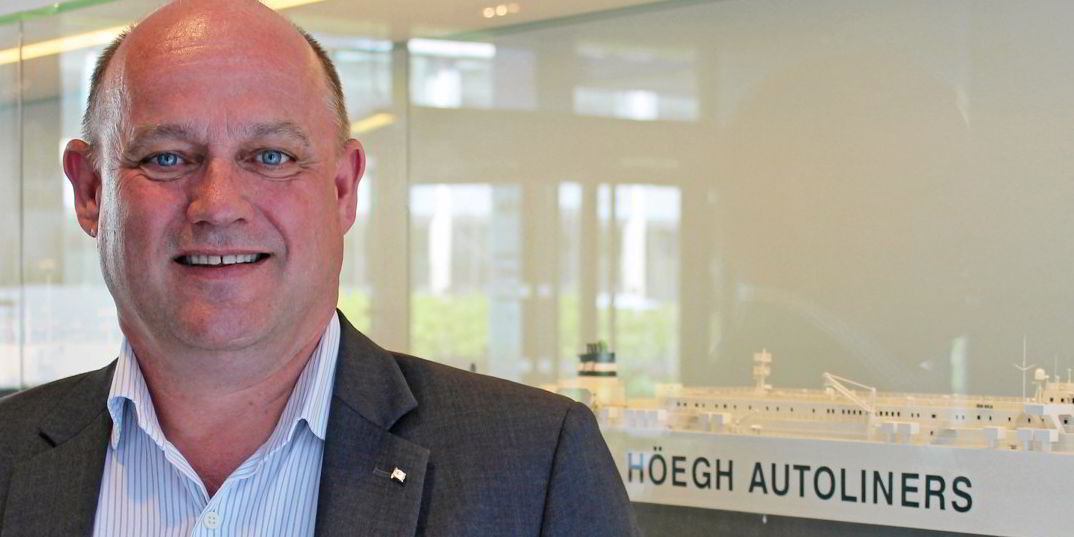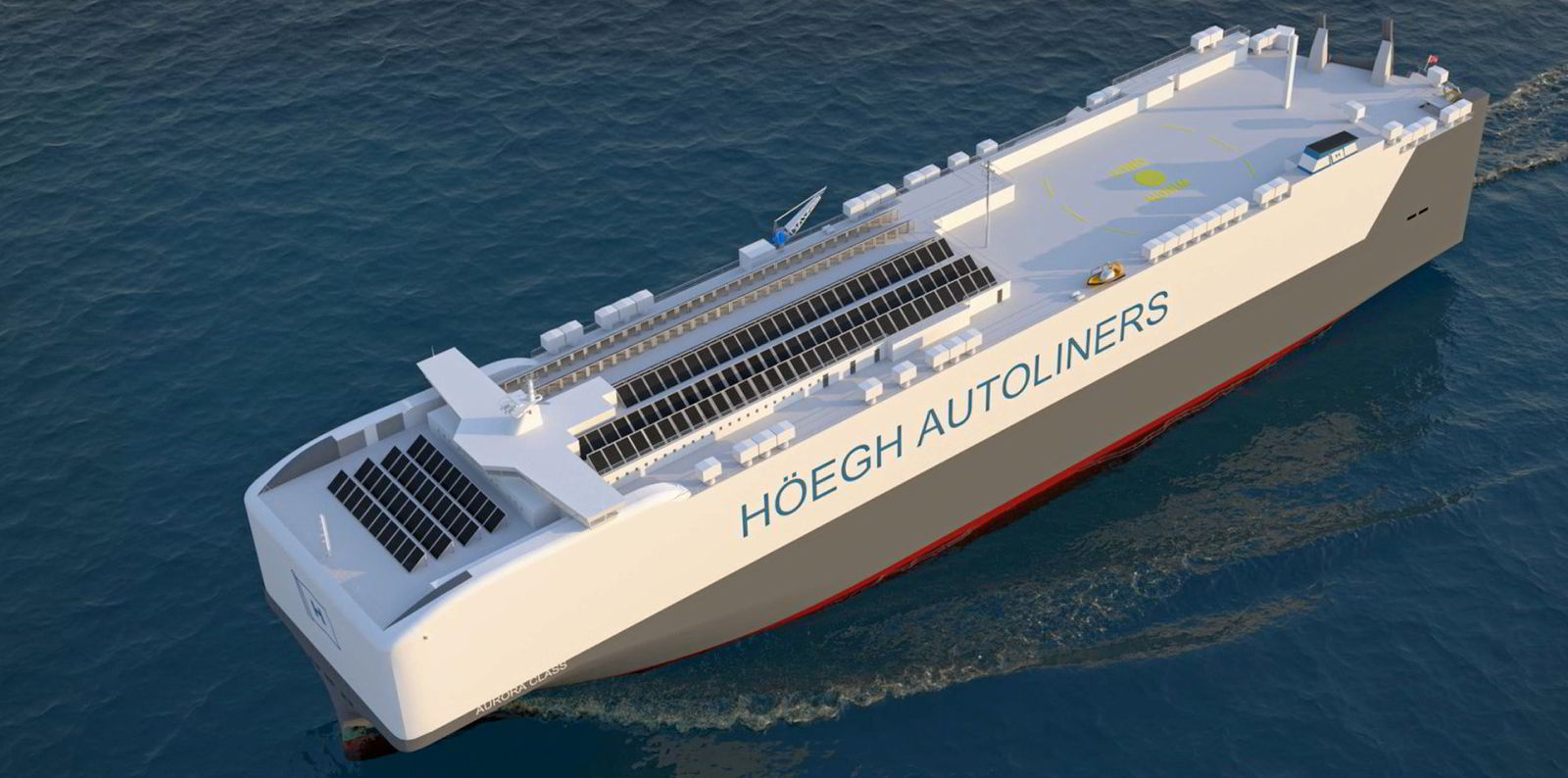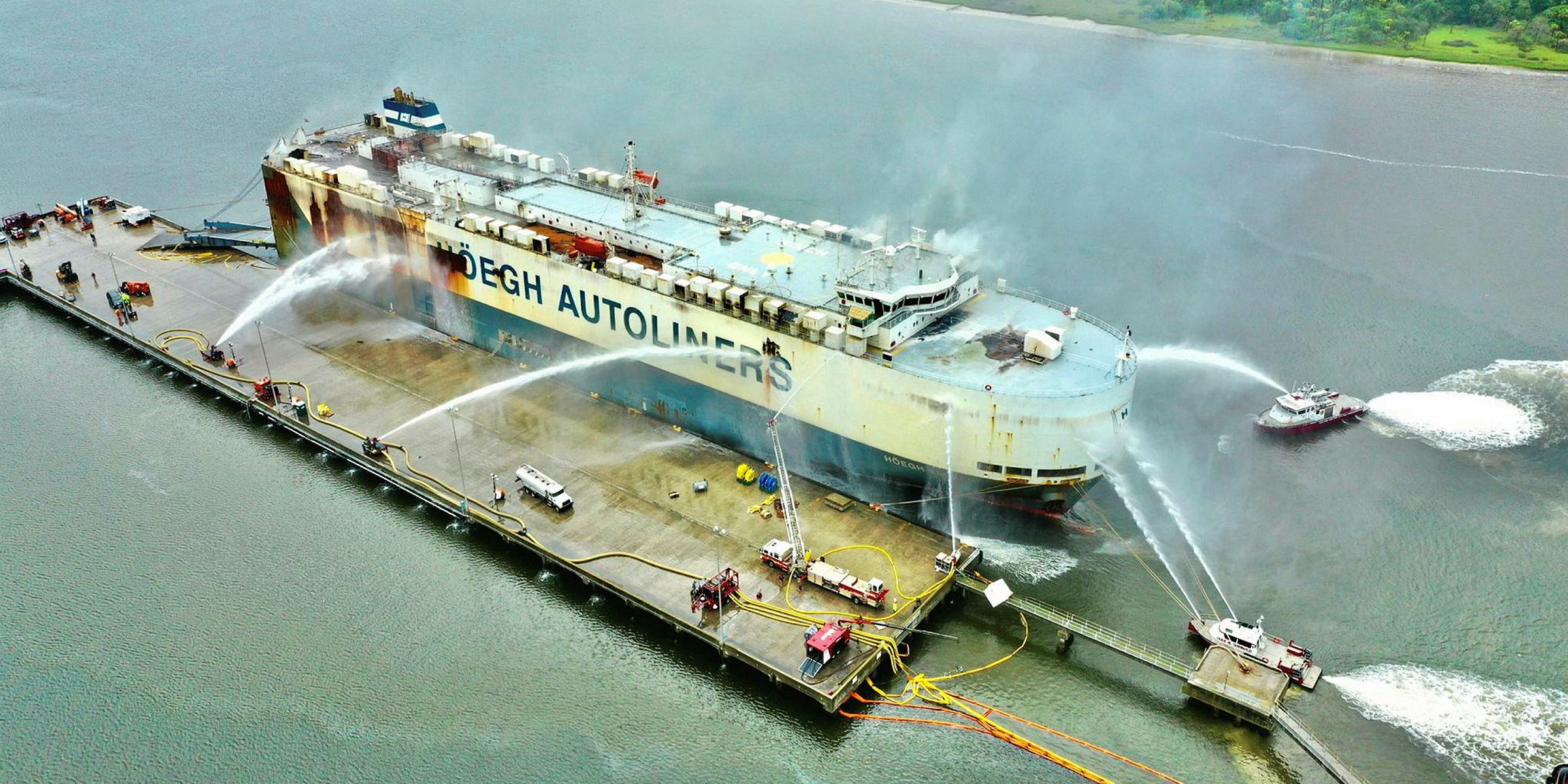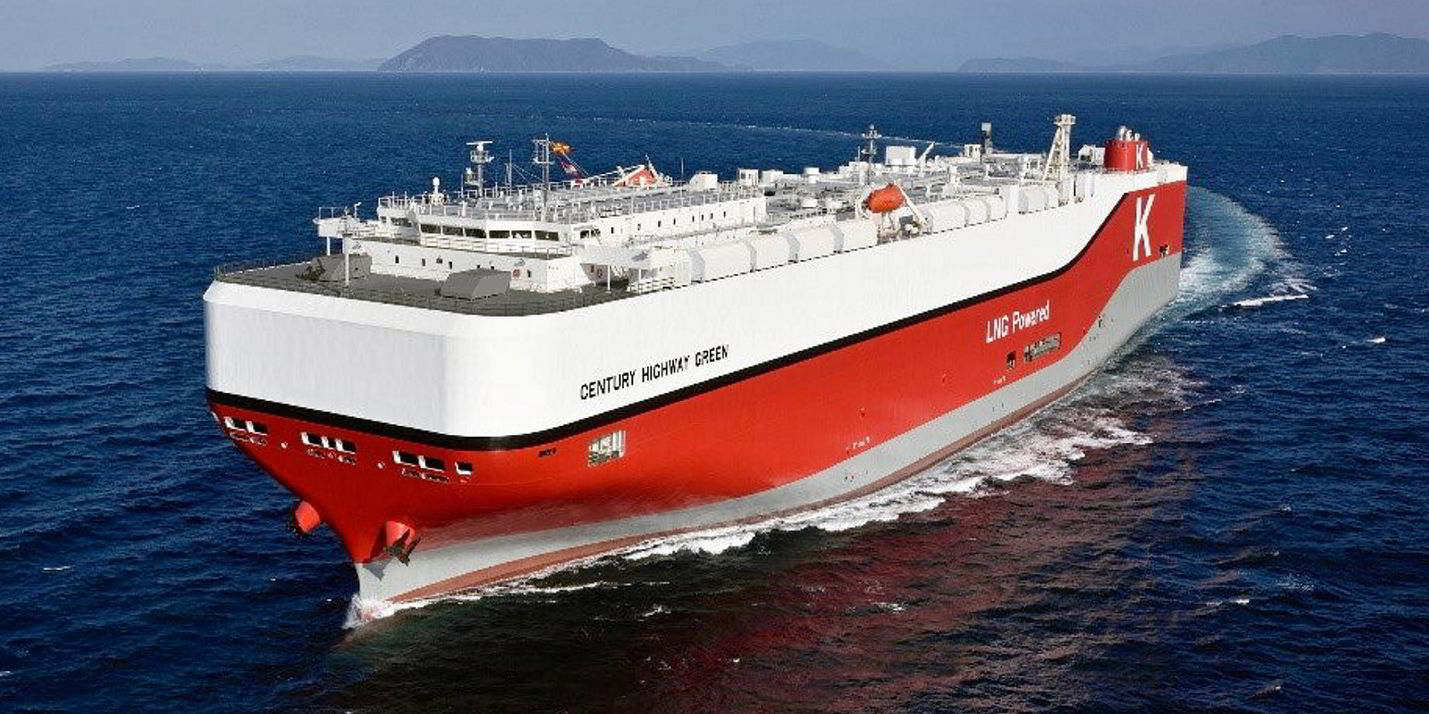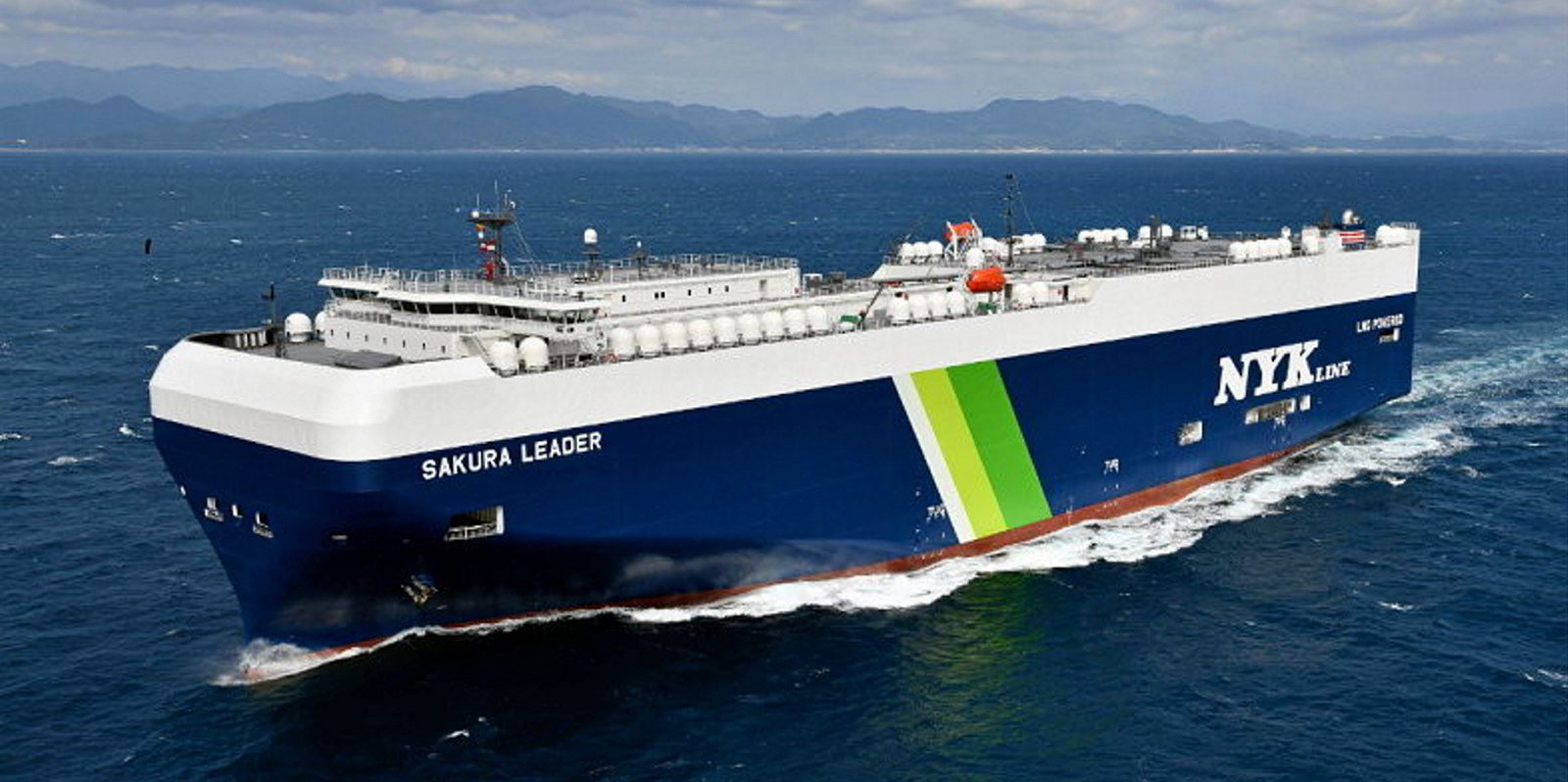Hoegh Autoliners is considering going public to fund a newbuilding programme of 12 low-emission pure car and truck carriers.
In a statement on Tuesday, the Norwegian company said it is looking at “a potential listing” for those newbuilding investments to help decarbonise its fleet.
Hoegh Autoliners, one of the world’s largest vehicle shipping firms, has engaged investment banks ABG Sundal Collier and DNB Markets to assist on the listing plan.
No financial details were disclosed.
TradeWinds has approached the company for further comment.
Charter rates for car carriers have reached five-year highs on a strong rebound in shipping volume.
The car carrier market was one of the shipping sectors hardest hit by Covid-19, but Clarksons Research estimated the volume is now just 5% below the pre-pandemic level.
The research arm of broker Clarksons attributed the recovery to pent-up demand, economic stimulus measures and reopening economies.
Hoegh Autoliners said its planned newbuilding programme is composed of 12 Aurora-class vessels capable of running on conventional and biofuels, as well as LNG, initially.
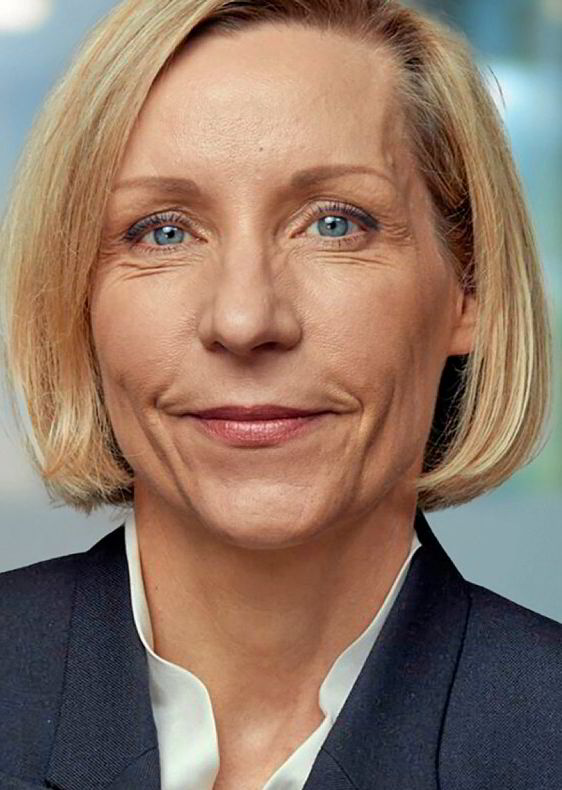
The 9,100-ceu vessels will also be prepared for future zero-carbon fuels and have the “ammonia-ready” notation from classification society DNV.
“We are investing in future technology and newbuilds to further strengthen our service offering and meet our ambitious environmental targets and those of our customers,” chairman Leif O Hoegh said.
“These vessels will be the largest and greenest PCTCs to be built and lead the way towards a net-zero emissions future for our industry.”
Hoegh Autoliners has signed a memorandum of understanding to build the first of those vessels at China’s Xiamen Shipbuilding Industry. Delivery is scheduled for early 2024.
“This will put us in the forefront of sustainable transport and enhanced cargo capability,” said chief strategy and analytics officer Lise Duetoft.
The company estimated the carbon intensity of its fleet has fallen by 37% since 2008. It has aimed to be a business with net-zero emissions by 2040.
“We are accelerating our decarbonisation efforts to meet our net-zero emissions target and are committed to [building] a more sustainable maritime industry,” chief executive Andreas Enger said.
“The advancement in propulsion technology and digital solutions will significantly strengthen our capabilities to combat climate change.”
The automotive industry has faced pressure from consumers to reduce the carbon footprint of its supply chain.
PCTC operators such as NYK Line and United European Car Carriers have been building dual-fuel car carriers that can run on LNG, some of them even installed with battery systems.
